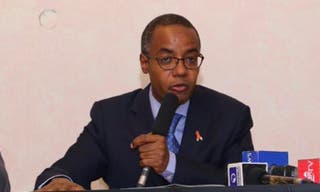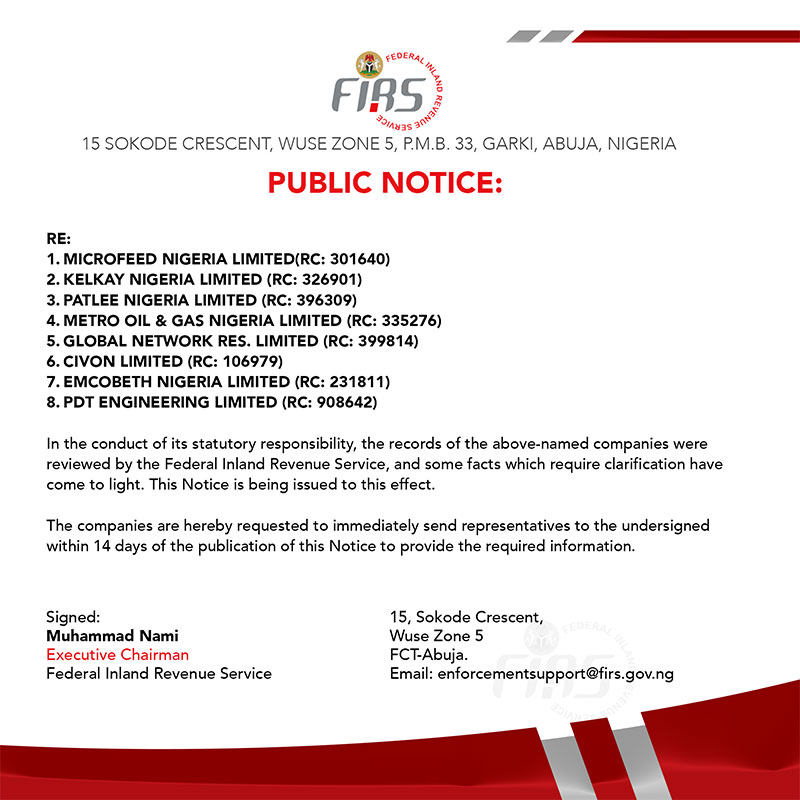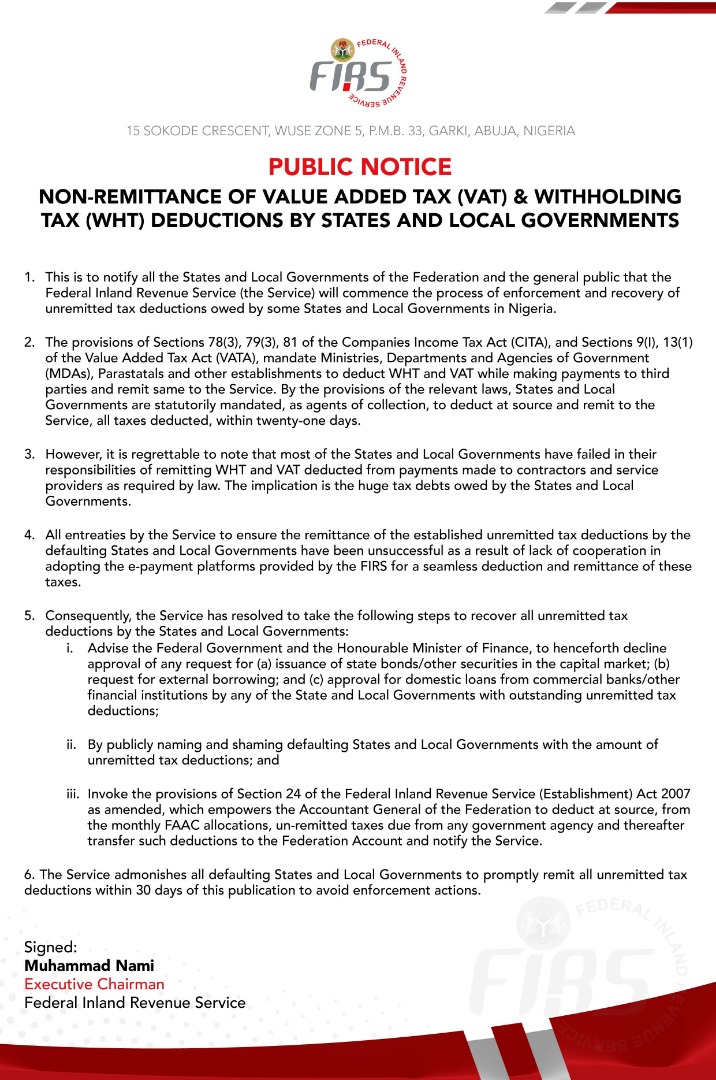The Presidential Task Force on COVID-19 on Thursday released fresh guidelines for the reopening of schools nationwide.
This followed the earlier directive by the PTF that schools were free to reopen as from October 12.
Addressing journalists at the Thursday’s briefing of the PTF in Abuja, the National Coordinator of the taskforce, Dr Sani Aliyu, said the fresh guidelines were developed by the PTF in conjunction with the Federal Ministry of Education and the Nigeria Centre for Disease Control.
He added, “Schools and educational bodies that plan to reopen must have detailed communication protocols that include parents, school health teams, school authorities and local state officials.
“They must also have a system for providing regular updates for parents, staff and relevant authorities, as well as communicate changes to procedures effectively.
“Specifically, school authorities have the responsibilities to ensure that everyone gaining access to their schools is screened properly.
“Boarding schools must have identified areas for screening and putting positive students aside.
“There must be appropriate waste management systems.
“Health facilities that are within the schools that serve the schools should have the ability to cater for an outbreak and a response protocol must be in place for these schools for students who test positive.”
The PTF also said that the Independent National Electoral Commission would enforce no-face-mask-no-voting directive in the forthcoming governorship election which is to hold in Ondo State on Saturday.
Aliyu said with 1.5 million eligible voters in 3,000 polling units across 18 local government areas of the state, the election “is clearly a huge exercise” which would also come with its risk.
Meanwhile, the Federal Government also announced an increase in the number of passengers flying into the country since the opening of international flights.
The chairman of the PTF and the Secretary to the Government of the Federation, Boss Mustapha, also announced the assassination of a laboratory expert with the Nigeria Centre for Disease Control, Uche Njoku.
Mustapha said, “The PTF and relevant agencies are working with the European Union on the issue of flights into Nigeria. As soon as negotiations are completed, Nigerians will be informed accordingly. For flights currently allowed into Nigeria, we are seeing a combined number of 4,500 arriving passengers per day into Lagos and Abuja.
“On a very sad note, we have received report of the untimely death of Uche Njoku, a laboratory expert with the NCDC, who was shot while on official trip by gunmen.
“The PTF commiserate with his family and all frontline workers on this painful loss. We also wish the other workers in the vehicle that were injured a quick recovery. This incident underscores the danger that frontline workers face in the course of fighting this virus on our behalf.”
He said that the situation of COVID – 19 in Nigeria had continued to give the PTF serious concern especially on testing.
The SGF said, “Although Nigeria is no longer in the top five countries by cumulative deaths in Africa, the PTF continues to urge Nigerians to change their attitude of skepticism and nonchalance to the virus. For the avoidance of doubts, the virus is real, ferocious and deadly. To date, Nigeria has recorded 59,738 confirmed cases and 1,113 fatalities.
NCDC activates 69th lab
The Director-General, Nigeria Centre for Disease Control, Dr Chike Ihekweazu, has said that the agency has activated two public health laboratories in Niger State bringing the total number of labs in the country to 69.
He explained that 17 private sector labs with the capacity to carry out COVID-19 tests are currently operational.
Speaking at the task force briefing in Abuja, Ihekweazu said the development would bring the testing closer to the individuals and solve the proximity problem for many people.
Ihekweazu said, “Yesterday (Wednesday), we finally activated the 69th public health lab; two Polymerase Chain Reaction labs in Niger state bringing it to 69 PCR labs, 22 gene-expert labs, 17 private-sector labs currently with the capacity to test for covid-19 in our country, starting from two labs in January.
“The number of labs themselves are not going to solve the problem, but they do solve the proximity problem for most people and bring testing opportunities closer to people.”
He announced the introduction of two new rapid diagnostic antigen-based rapid test kits that have been recently given emergency use licence by the World Health Organisation.
He said, “This two test kits are BD biosensor and Abbott; they do have the limitations, but they also do have their benefits in terms of a shorter turnaround time and opportunity for both culminations to quickly refer the patients for treatment when there is a positive case and for public health workers to initiate a public health response.”
said it would leverage on technology and automation, as well as more effective monitoring of independently generated revenues.
He also said social safety nets would be implemented. Buhari stated, “In furtherance of our inclusiveness agenda, N420bn has been provided to sustain the Social Investment Programme. N20bn has also been set aside for the Family Homes Fund, our Social Housing Programme.
“We have expanded our National Social Register, to include an additional one million Nigerians following the outbreak of coronavirus.





























